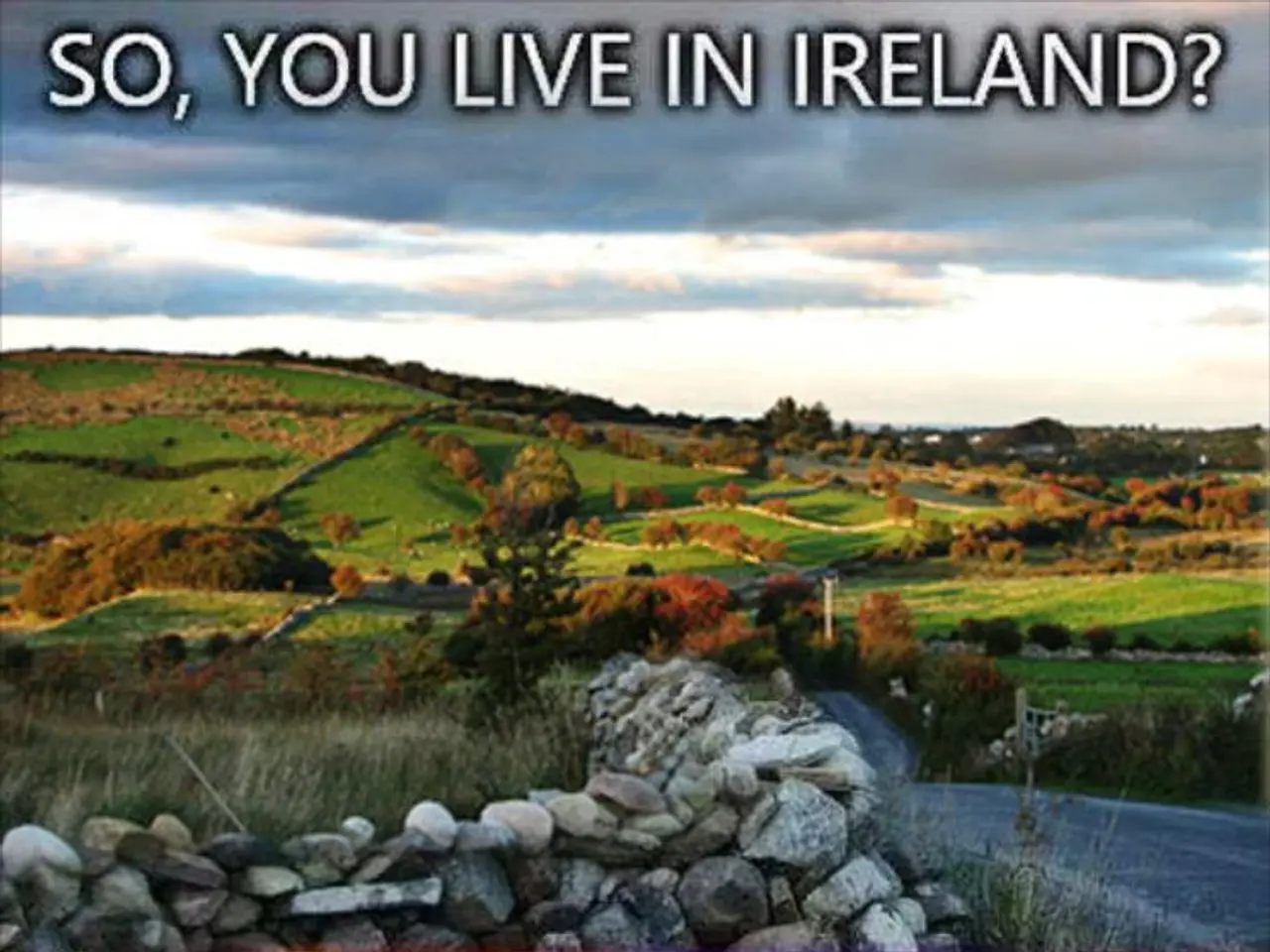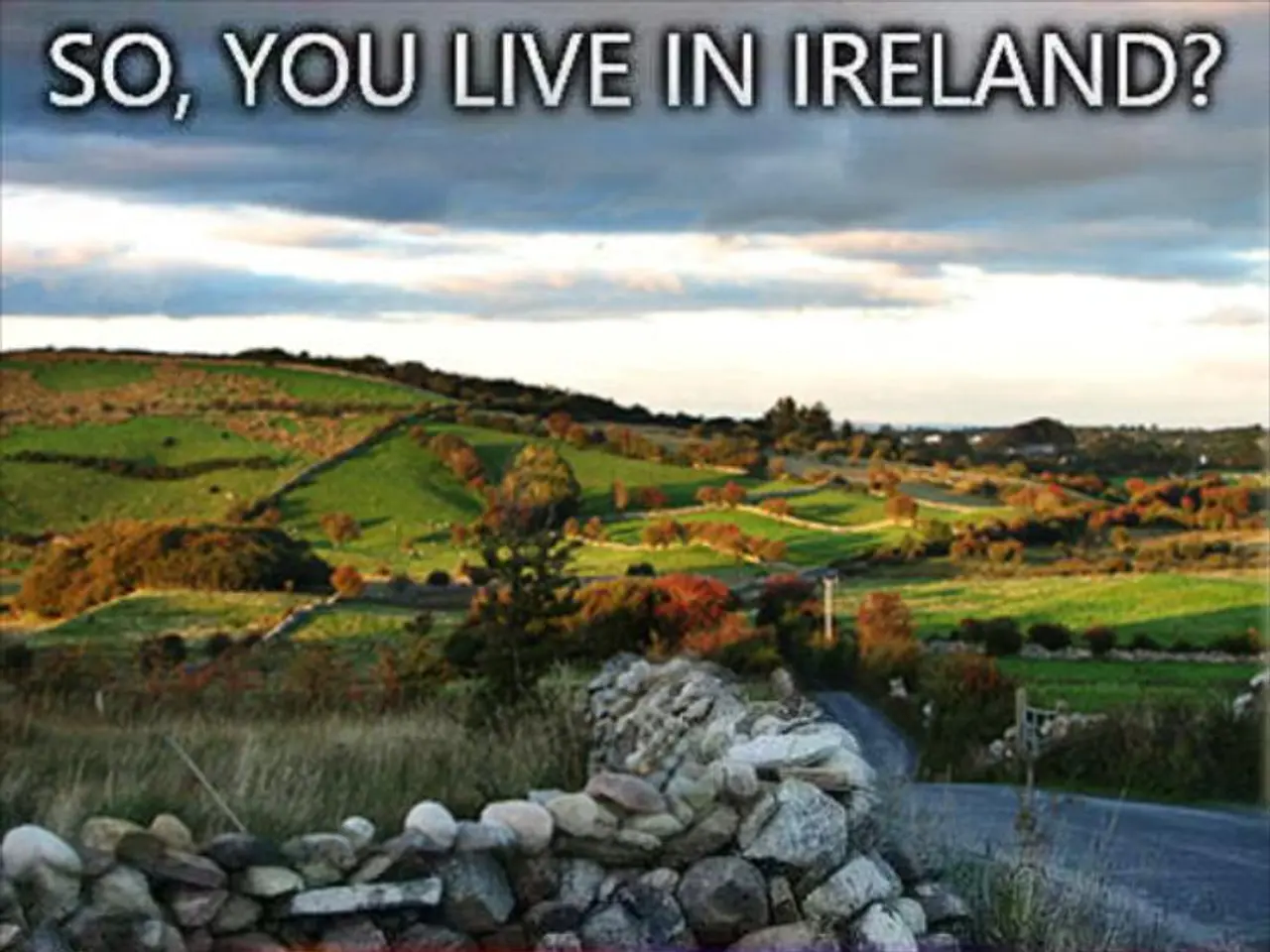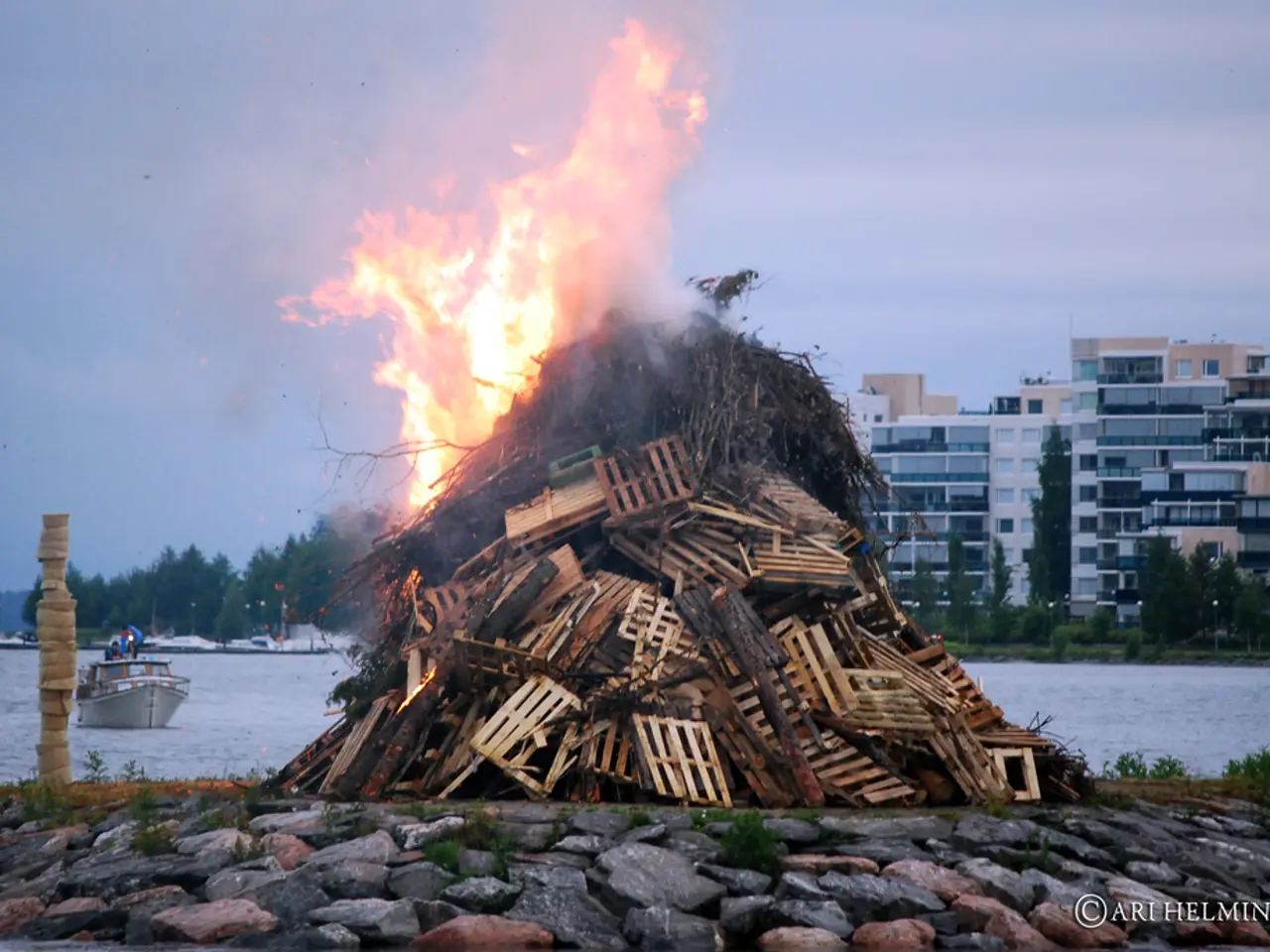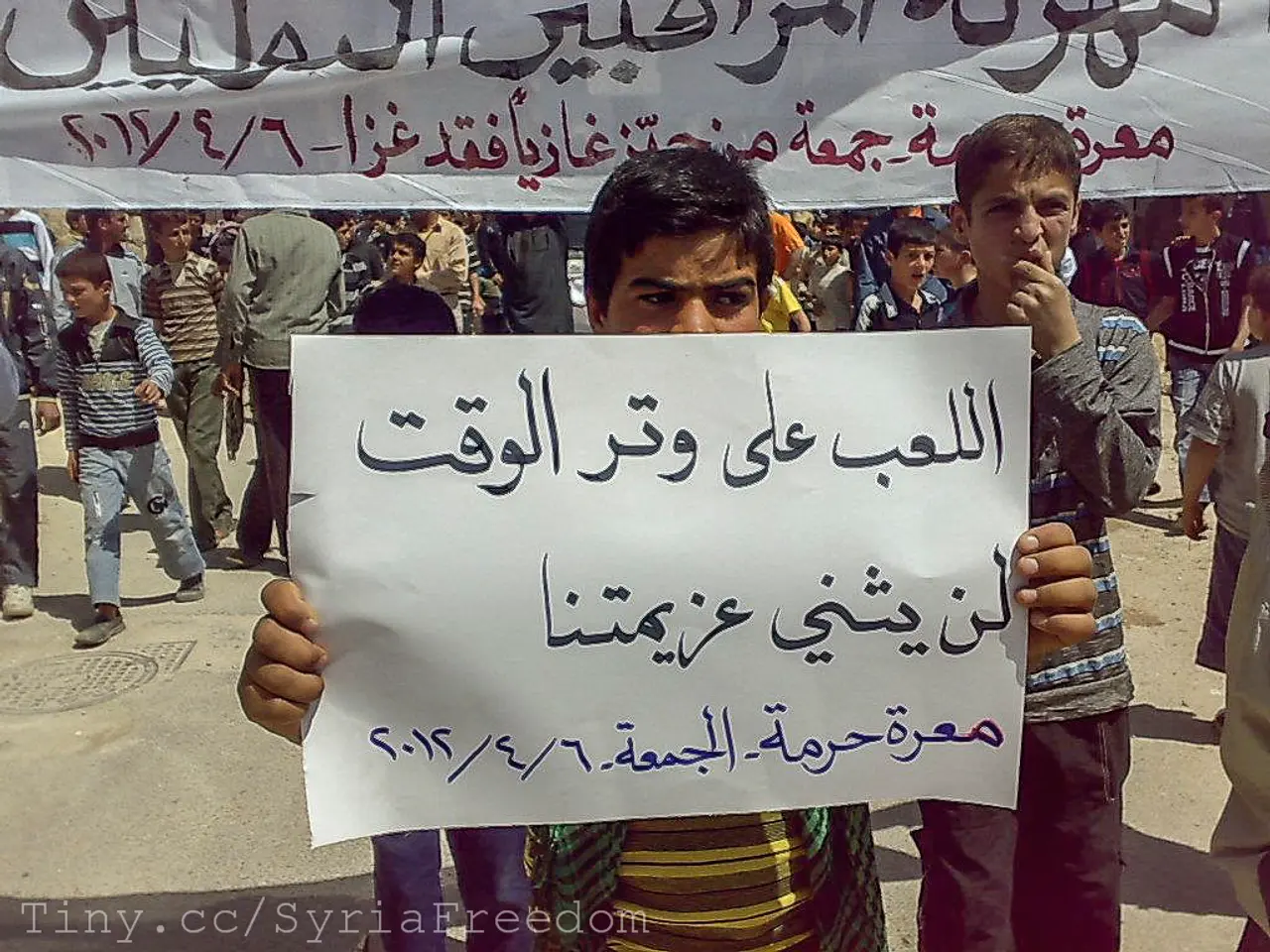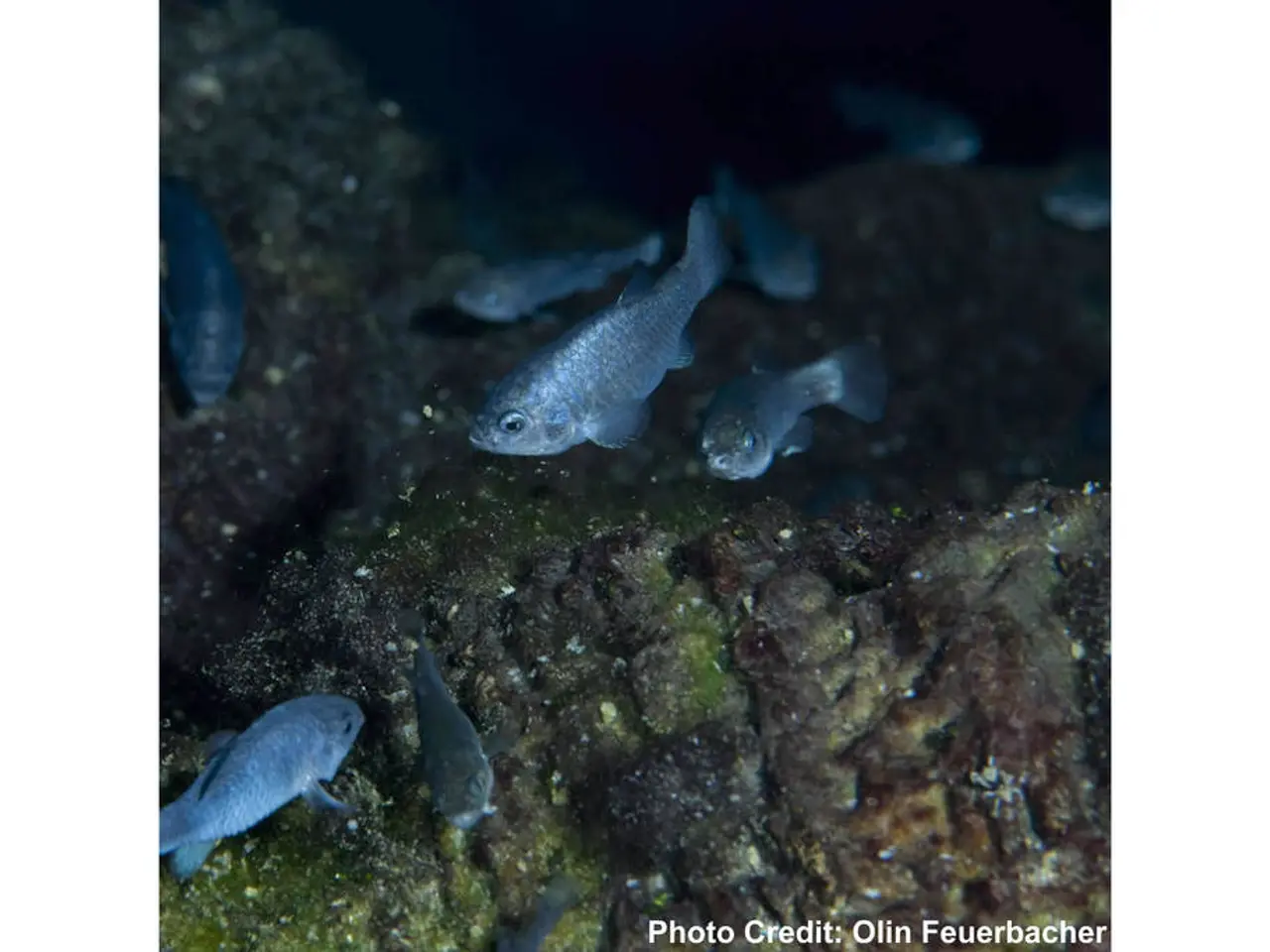Raging wildfire in France under control, authorities warn of extended combustion periods
Wildfires Ravage Southern France: Climate Change and Extreme Weather Conditions Fuel Disaster
Southern France has been hit hard by wildfires this summer, with the Mediterranean region experiencing a surge in large-scale blazes. The primary cause of this wildfire increase is a combination of hot, dry, and windy weather conditions, abundant dry vegetation, and landscape changes such as the uprooting of vineyards. Climate change exacerbates these factors by intensifying heat and drought, extending fire seasons, and increasing the availability of dry fuel, making wildfires more frequent, larger, and harder to control.
During the summer of 2025, southern France experienced some of the hottest conditions on record, with repeated heatwaves driving temperatures to extremes. This created an environment conducive to wildfires, including the catastrophic Aude fire in August 2025, which burned over 16,000 hectares—the largest in France since 1949. Officials explicitly linked this blaze and the increased wildfire activity in the Mediterranean region to global warming and drought conditions worsened by climate change.
Strong winds accelerate fire spread, while dry vegetation and forests provide abundant fuel. The uprooting of vineyards, which previously helped slow fire spread, has also contributed to the increased wildfire activity. Scientists warn that climate change is exacerbating the frequency and intensity of heat and dryness, making the region more vulnerable to wildfires.
Climate change is expected to extend wildfire seasons beyond summer into spring and autumn, with fire risk spreading to new parts of France, including southwestern, central, and northern regions. Wildfire seasons globally have lengthened by approximately two weeks on average due to climate change-induced heat and dryness.
Access to the forests devastated by the fire has been banned until at least Sunday due to dangerous road conditions. Two days of strong and changing winds made the blaze difficult to predict. The wildfire in the Aude department has resulted in an increase in areas burned in recent years, aggravated by low rainfall and the uprooting of vineyards. In Saint-Laurent-de-la-Cabrerisse, dry grass is still burning, causing thick smoke to rise from the pine hills overlooking the vineyards.
The wildfire has resulted in one death and injuries to 13 people. Spain is experiencing a heatwave with temperatures nearing 40C in many regions, and Portugal has extended emergency measures due to the heightened risk of fires. A major blaze near the Spanish town of Tarifa has been controlled, but it destroyed hundreds of hectares and threatened tourist accommodations. About 2,000 firefighters are still on duty to battle the flames.
Europe is the world's fastest-warming continent, with temperatures increasing at twice the speed of the global average since the 1980s. Many areas in Europe are on alert for wildfires due to new August heatwaves. At its most intense, the flames were going through around 1,000 hectares of land per hour.
Officials report that the fire has been brought under control but will not be declared extinguished for several days. The wildfire has destroyed dozens of homes, and the fire in France's southern department of Aude has burned through more than 17,000 hectares of land, an area bigger than Paris. The fire is the biggest in France's Mediterranean region for at least 50 years, according to government monitors.
As the world grapples with the consequences of climate change, the increasing frequency and intensity of wildfires in southern France serve as a stark reminder of the need for urgent action to combat global warming.
- The increased frequency and intensity of wildfires in southern France, such as the Aude fire, are linked to climate change and extreme weather conditions, with scientists warning that this trend is expected to continue due to the intensification of heat and drought, which are worsened by climate change.
- Environmental-science experts propose that the prolongation of wildfire seasons beyond summer into spring and autumn is a likely consequence of climate change, posing a threat not only to southern France but also to other regions that were previously considered low-risk.
- To address the issue of climate change and its impact on wildfire frequency and severity, it is crucial for policymakers to invest in scientific research and advancements in weather-forecasting and environmental-science fields, to develop effective strategies for mitigating and adapting to these devastating events.
